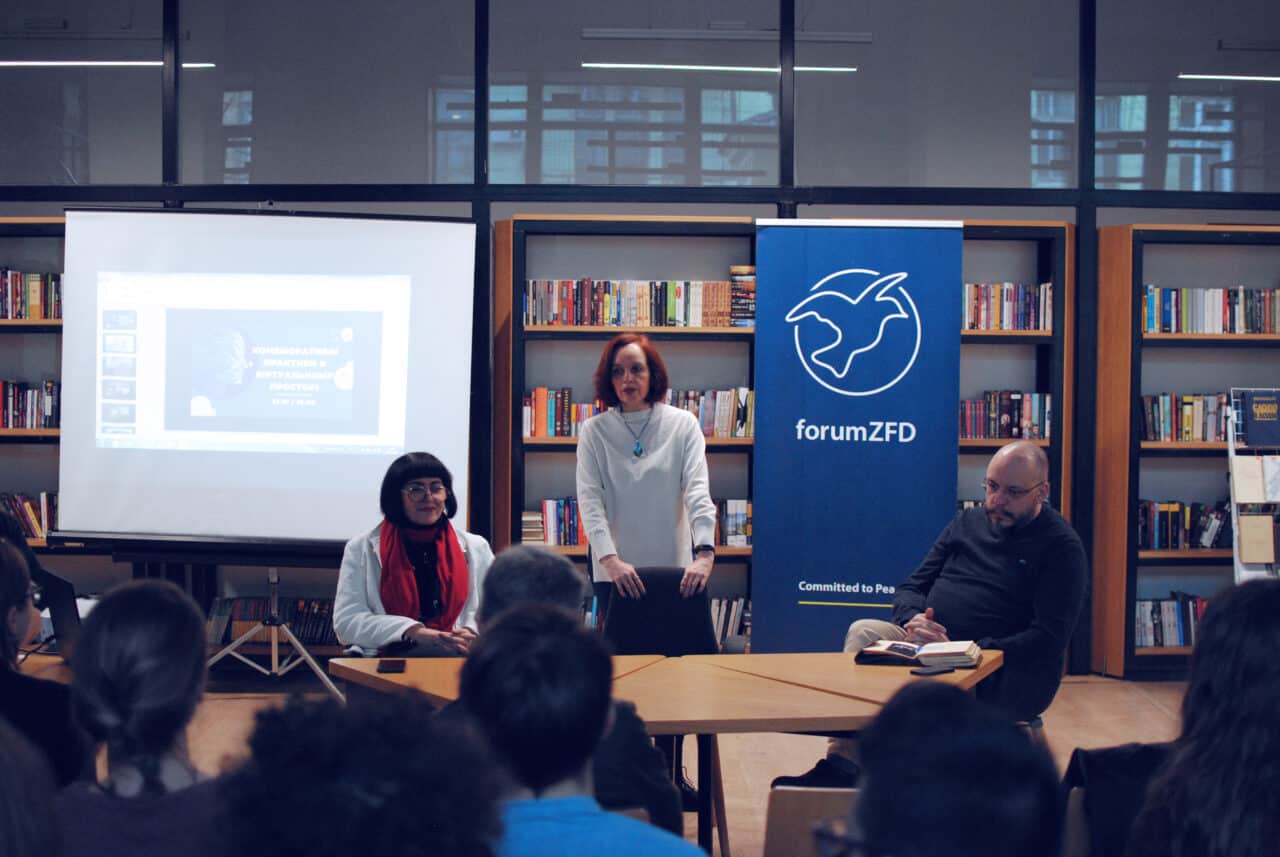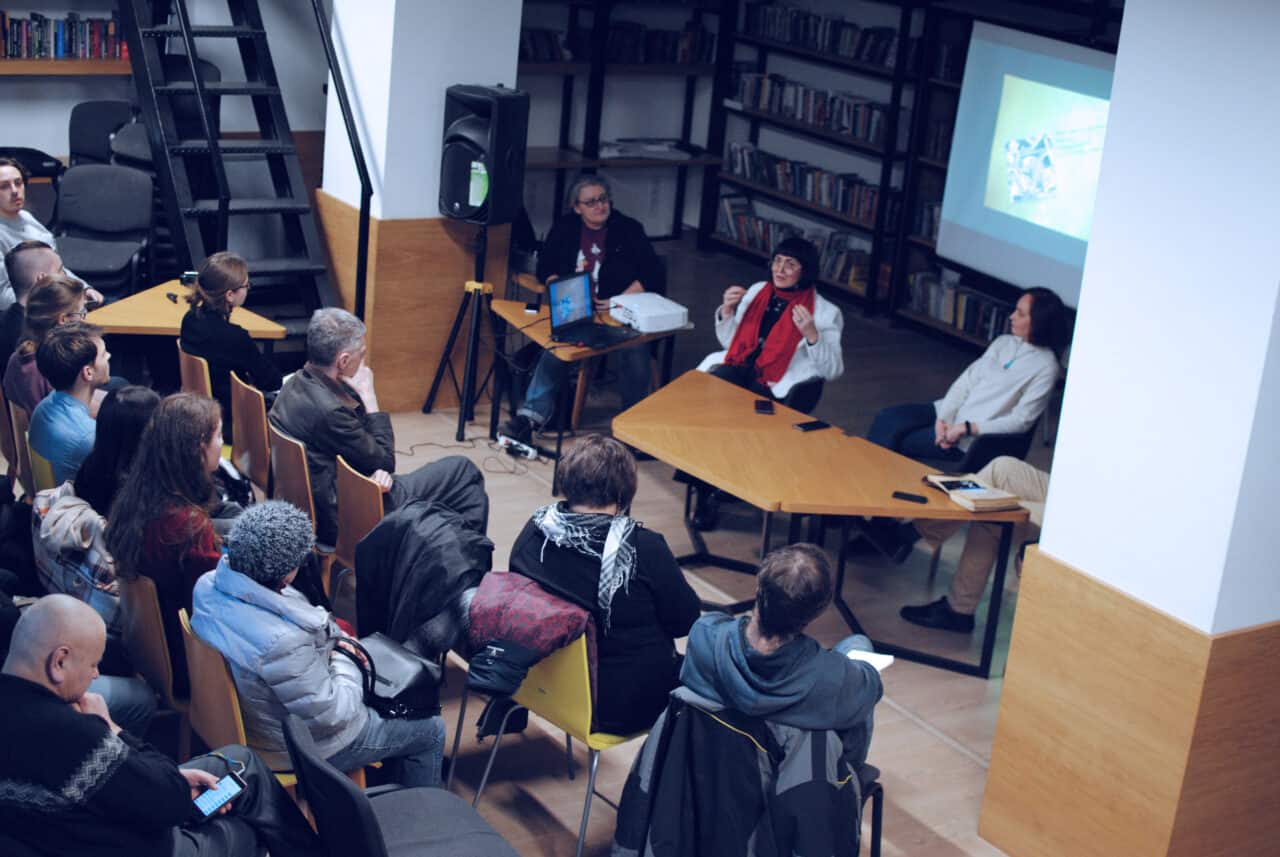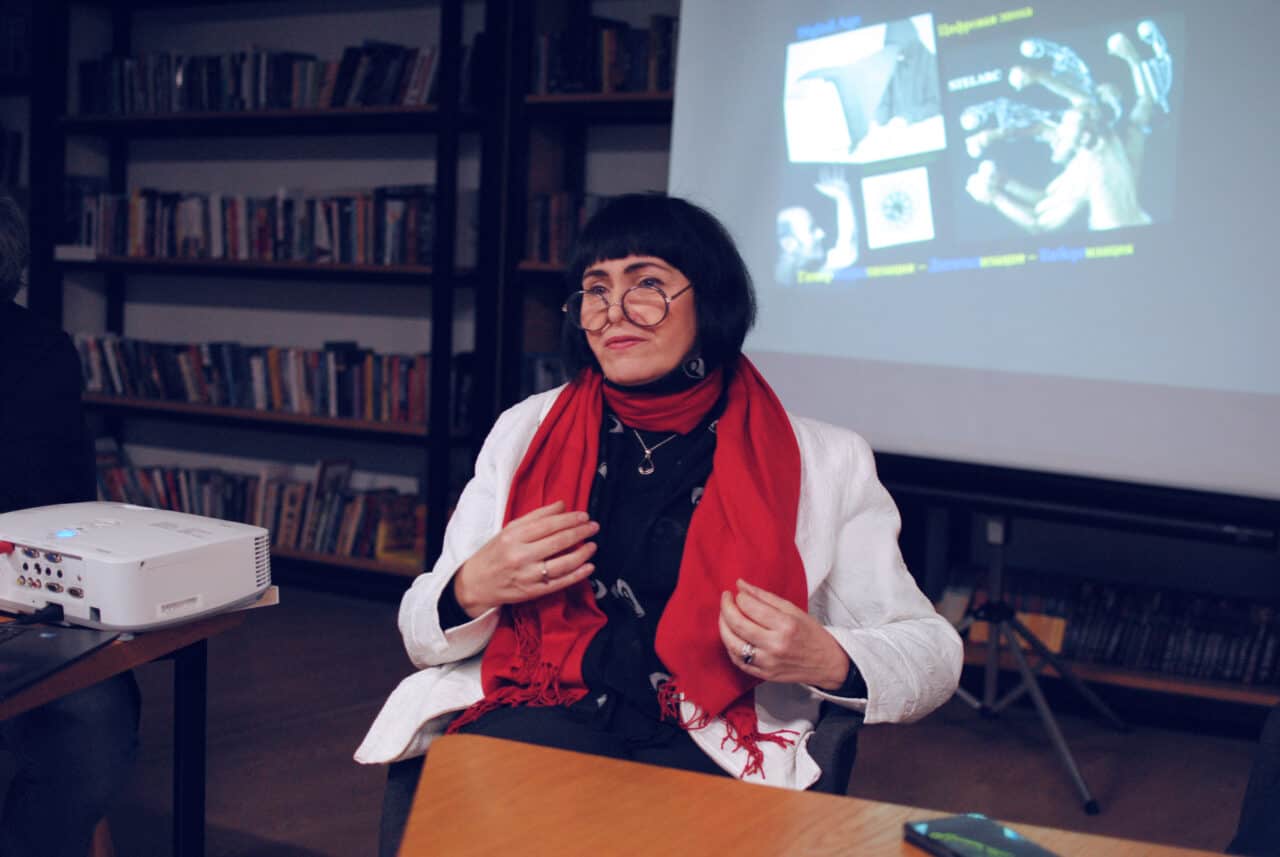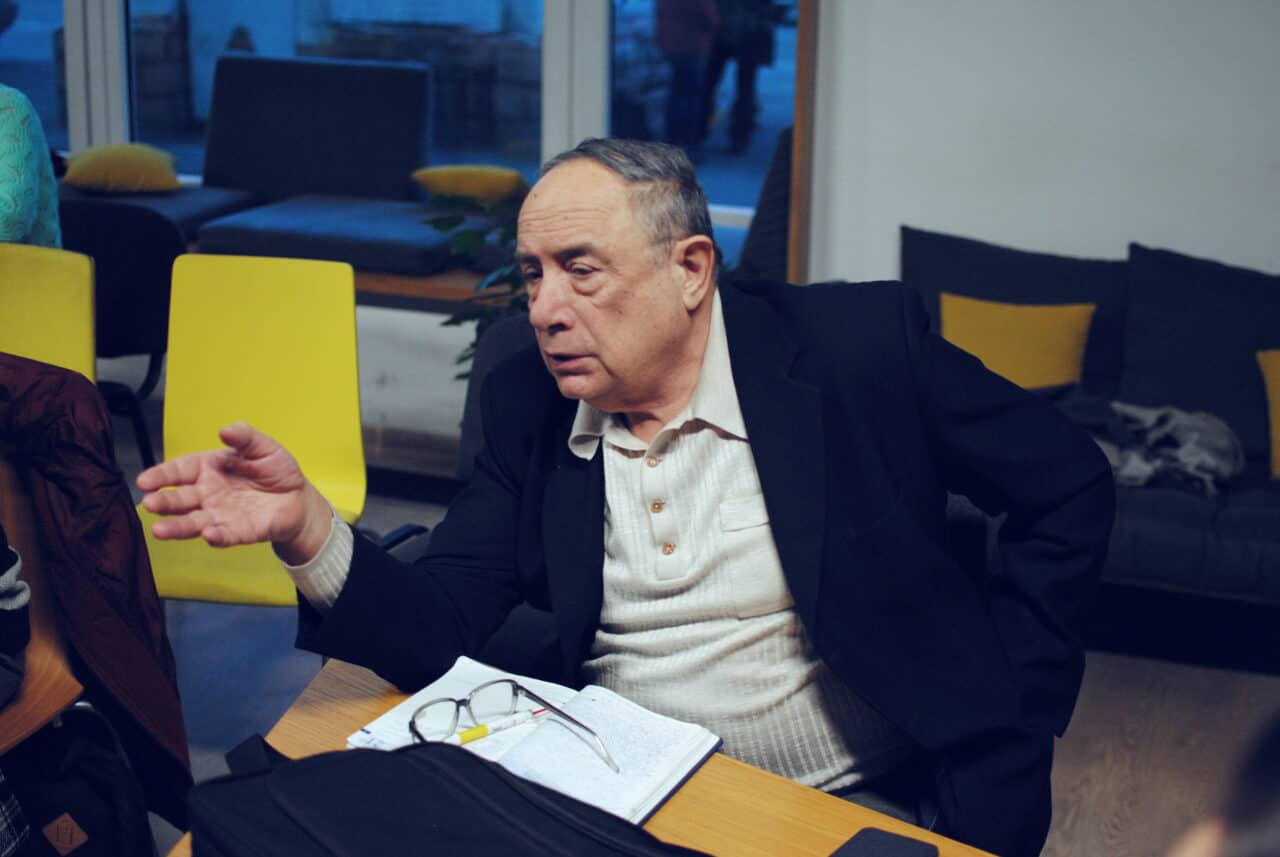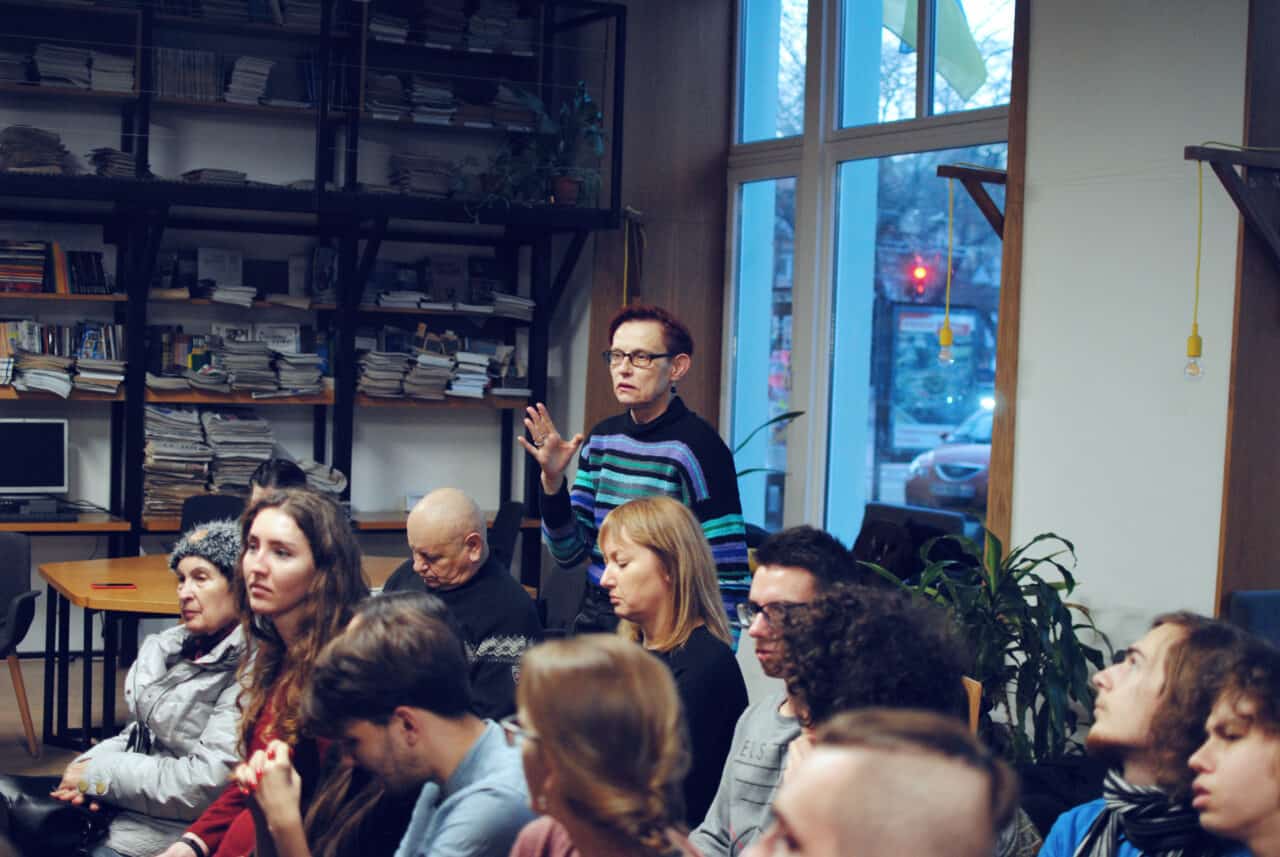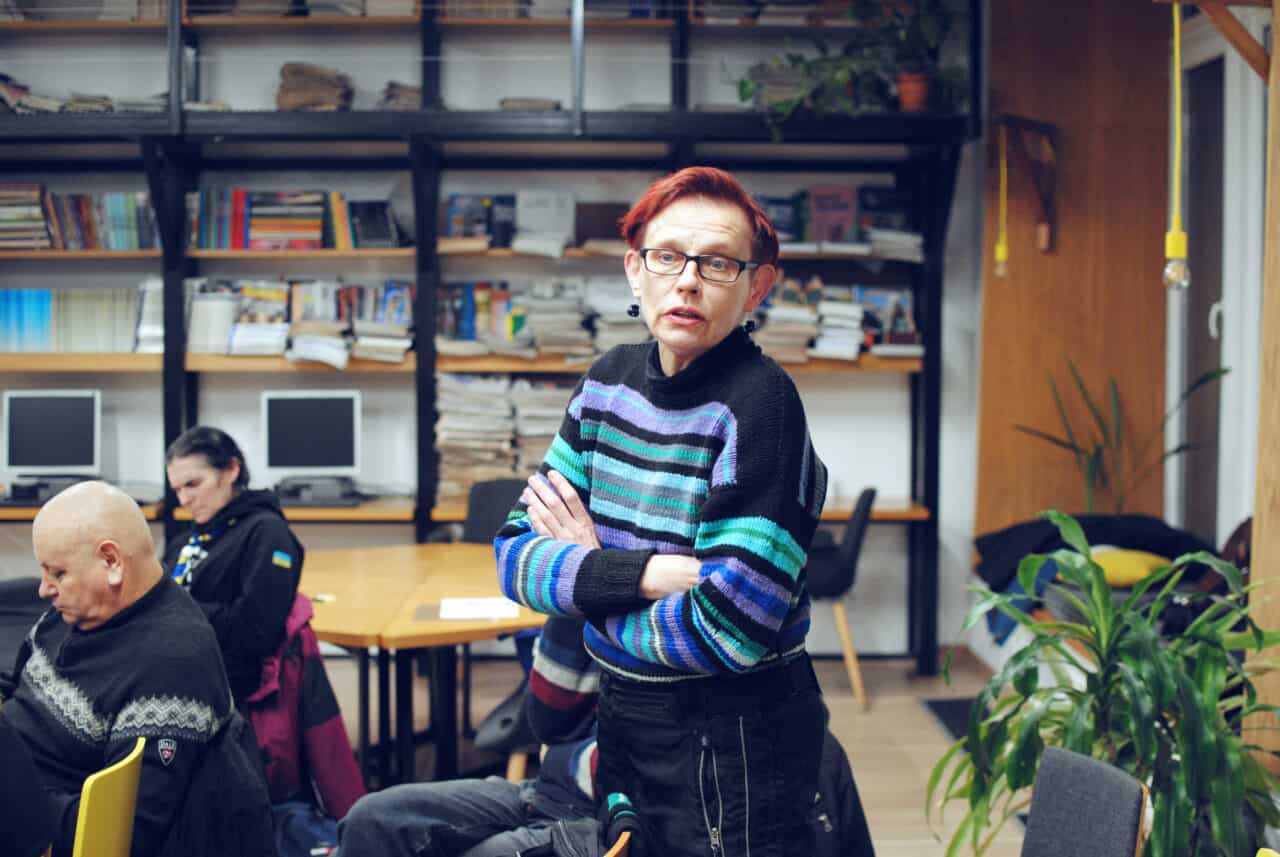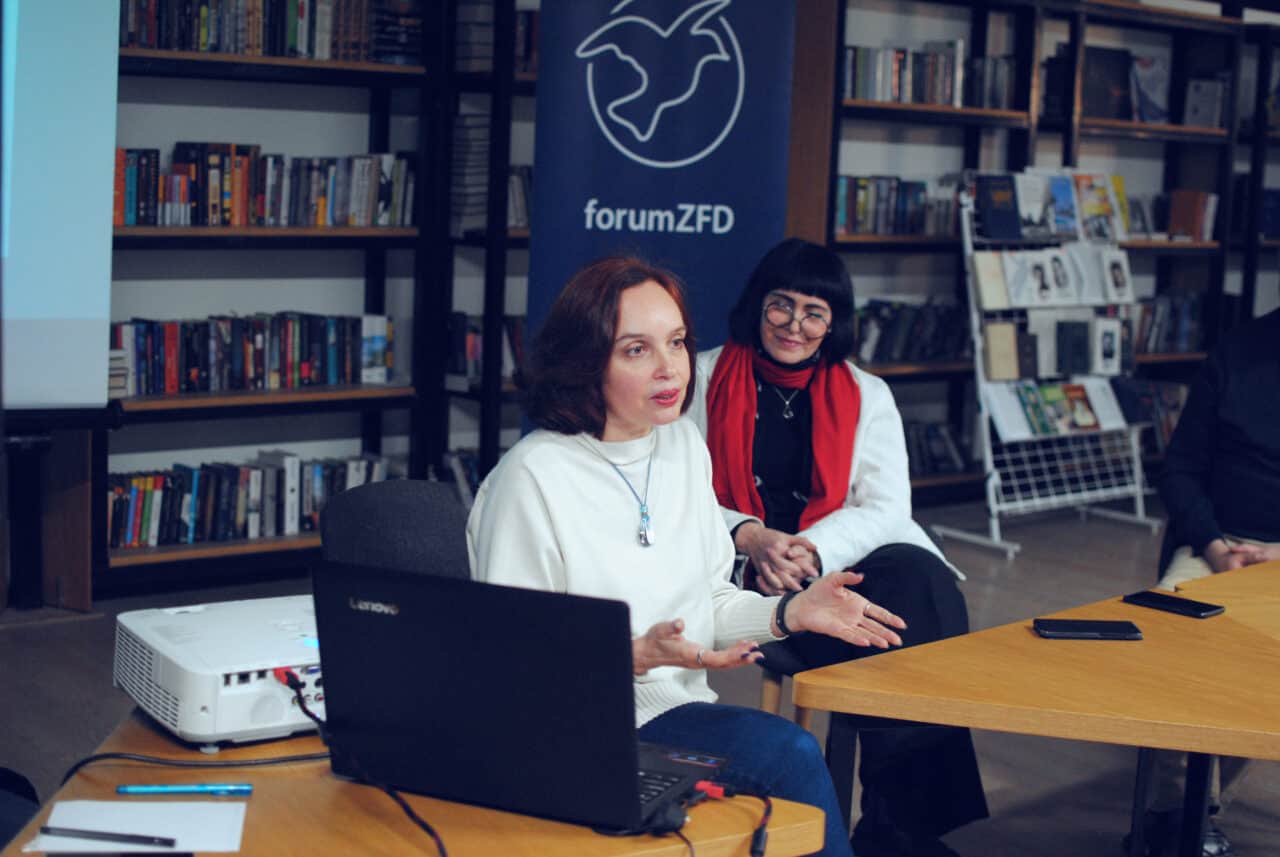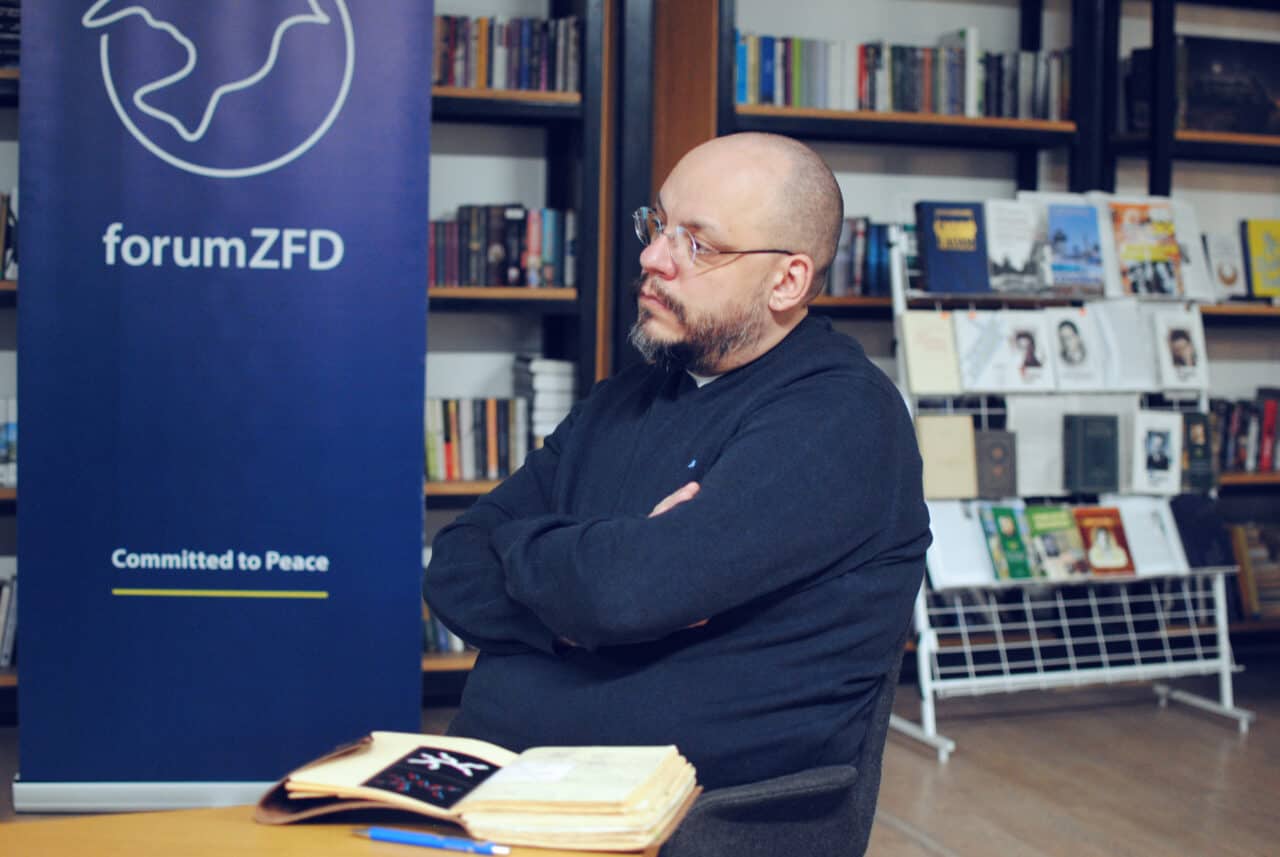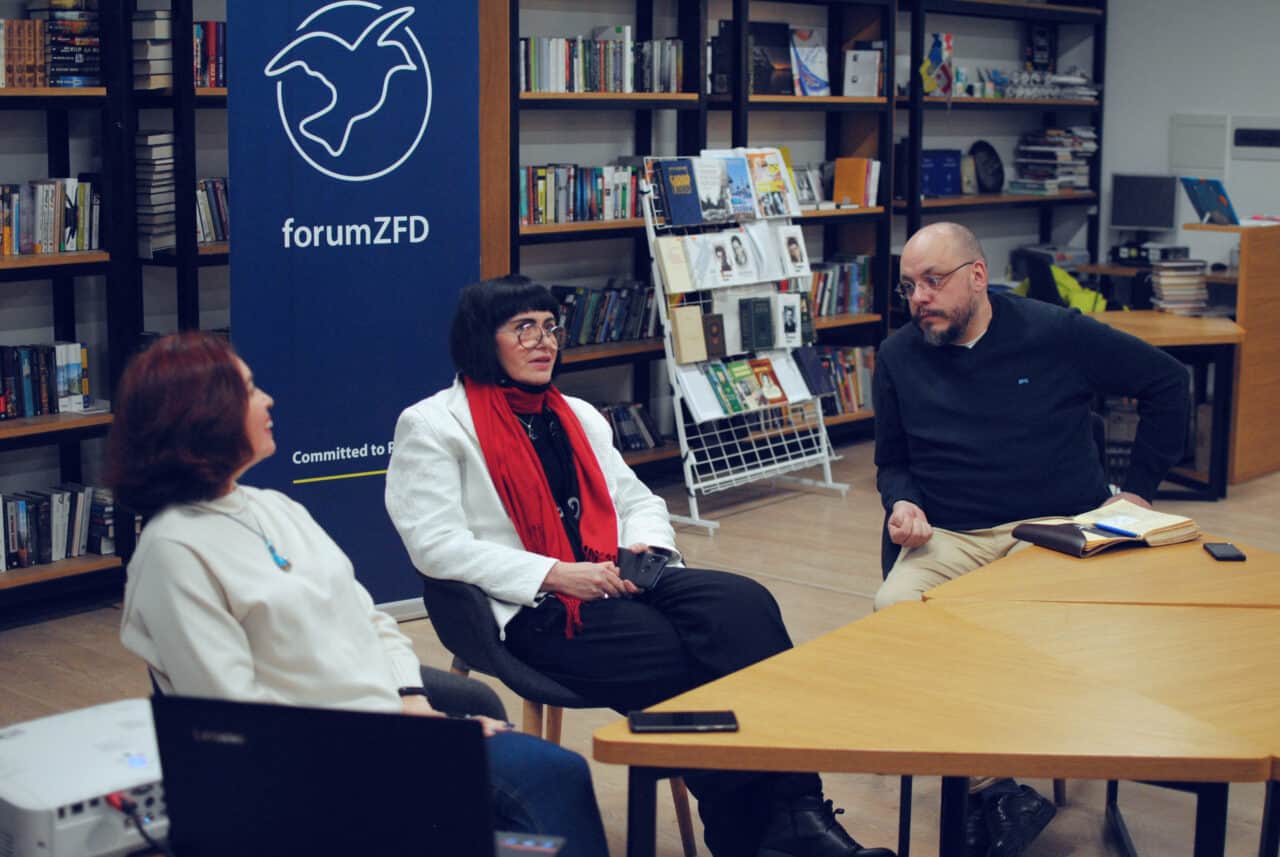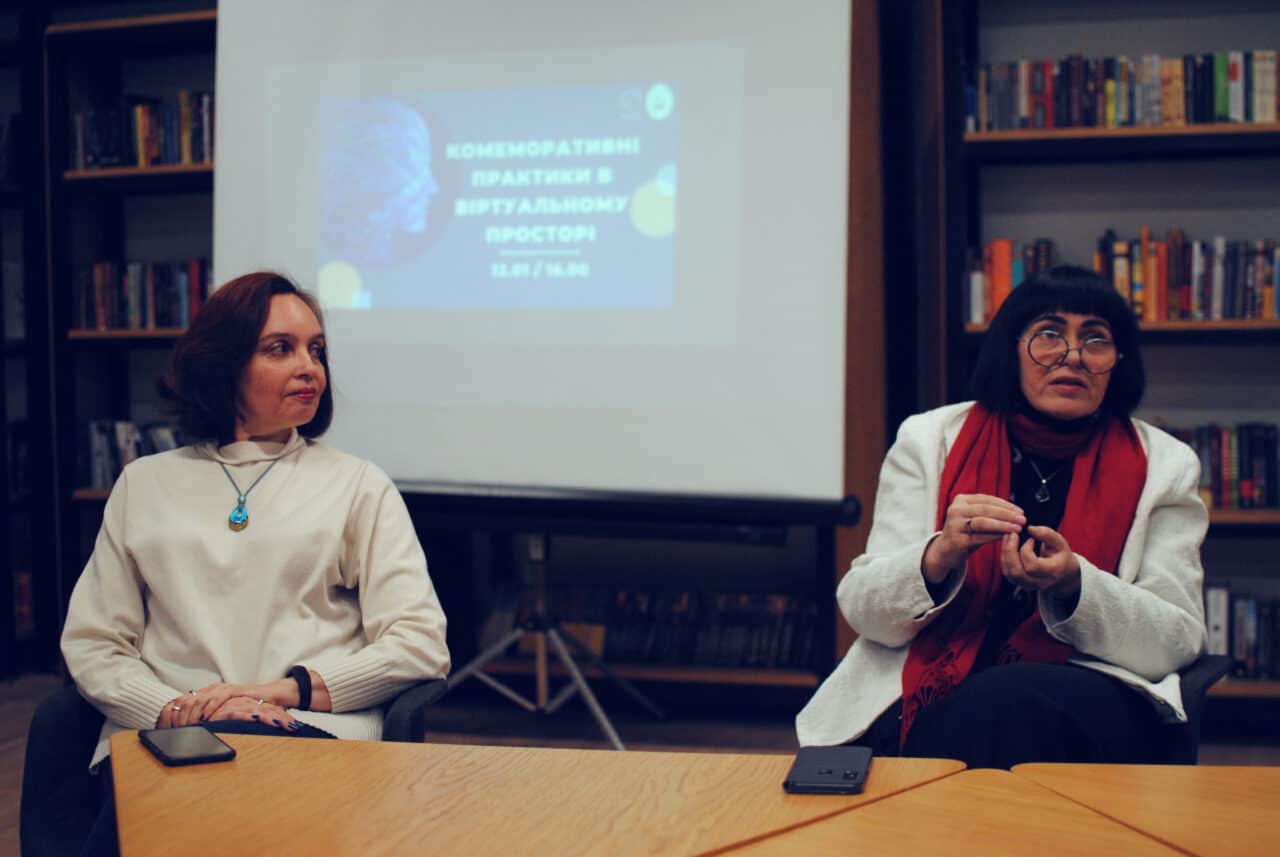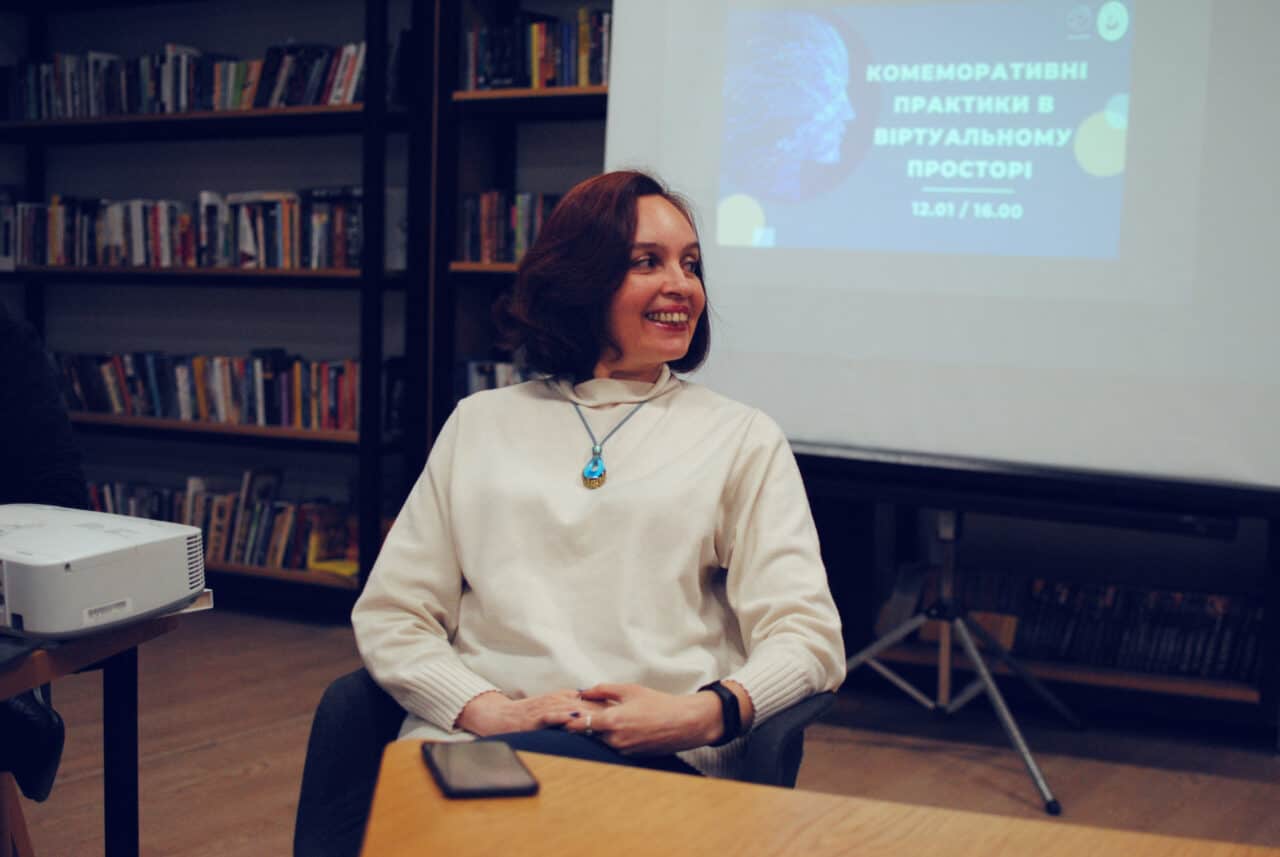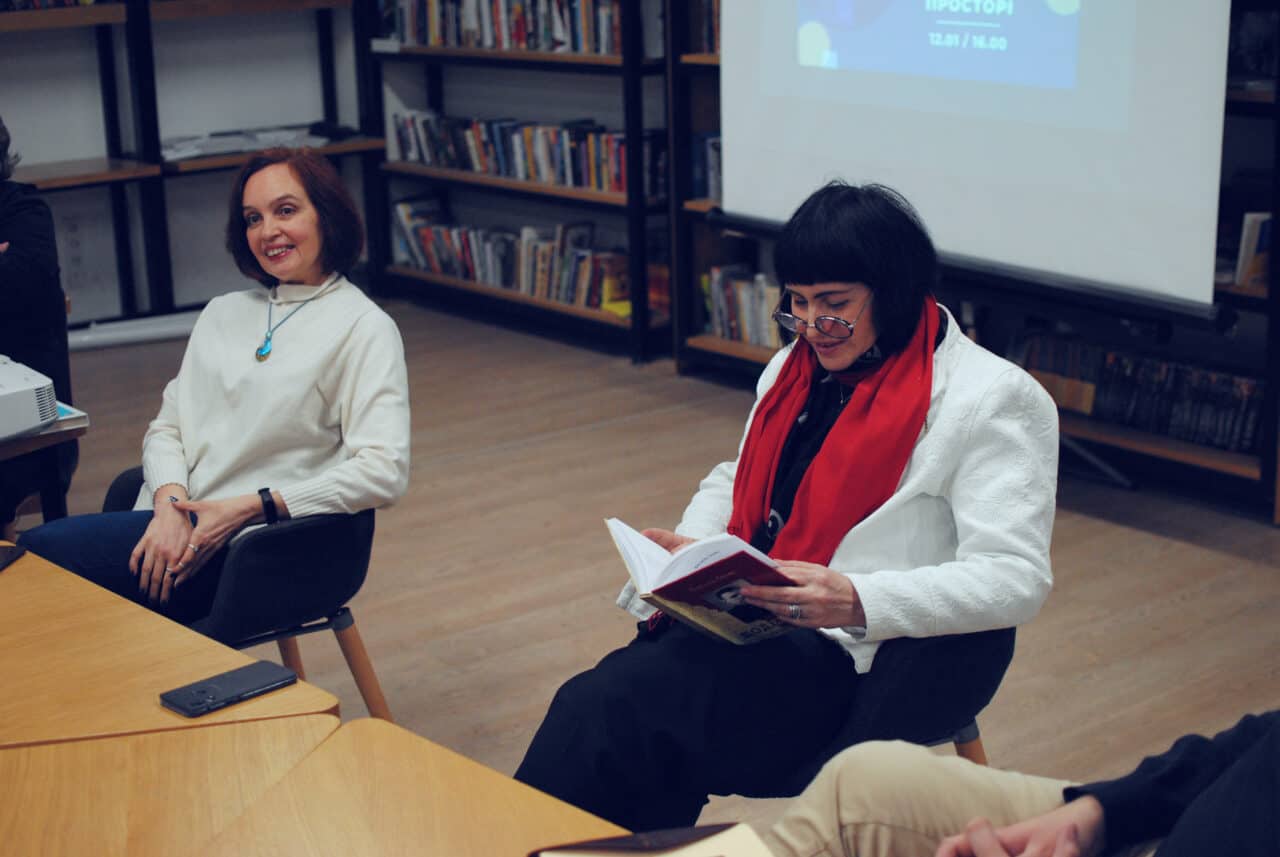Commemorative Practices in the Digital World
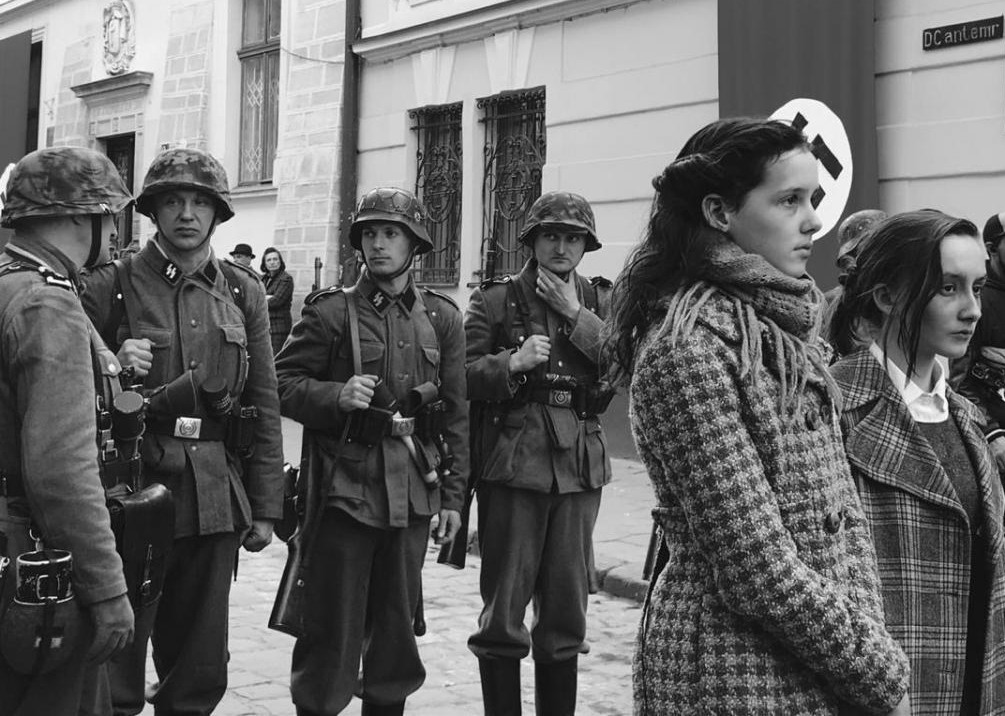
What happens with memory, once it is digitalized? Together with experts we talked about the commemorative practices in online games and social networks.
PARTICIPANTS

OKSANA DOVGOPOLOVA
doctor of Philosophy, professor in the Department of Philosophy of the Odesa I.I. Mechnikov National University, Curator of the Past / Future / Art project

KYRYL LIPATOV
head of the Research Division of the Odesa Fine Arts Museum

LIDIIA STARODUBTSEVA
head of Media and Communications Department at the V. N. Karazin Kharkiv National University
Commemorative practices in video games help build communities, the same way as physical monuments in the real world. The hyper-realistic replicas of, for example, the post-apocalyptic Chernobyl power plant in the video game S.T.A.L.K.E.R, or the Instagram Holocaust diary Eva.Stories blur the boundaries between virtual and real worlds and insert the memory of past tragedies into our daily lives. Yet, how can we make sure that similar commemorative practices are respectful and ethical if the things we remember are tragic and cruel?
Together with experts we talked about the commemorative practices in online games and social networks and tried to understand, whether commemoration in the digital world is a sign of loss of depth in the self-awareness of the contemporary human being or is it a new form of existence in the world? To what extent is the internet a fitting space for commemoration? Does it not transform commemoration into a mockery, entertainment or something superficial? Or maybe, on the contrary, it outlines new dimensions of social and individual sensibility?
The event took place on June 12, 2020 at the Sociocultural Department of the Odesa Oblast Universal Scientific Library named after M.S. Hrushevsky in Odesa.
Photo by Natalia Tkachenko
VIDEO
Title photo is a backstage screen shot of Eva.Stories shooting, 2019 / Colorfilm
